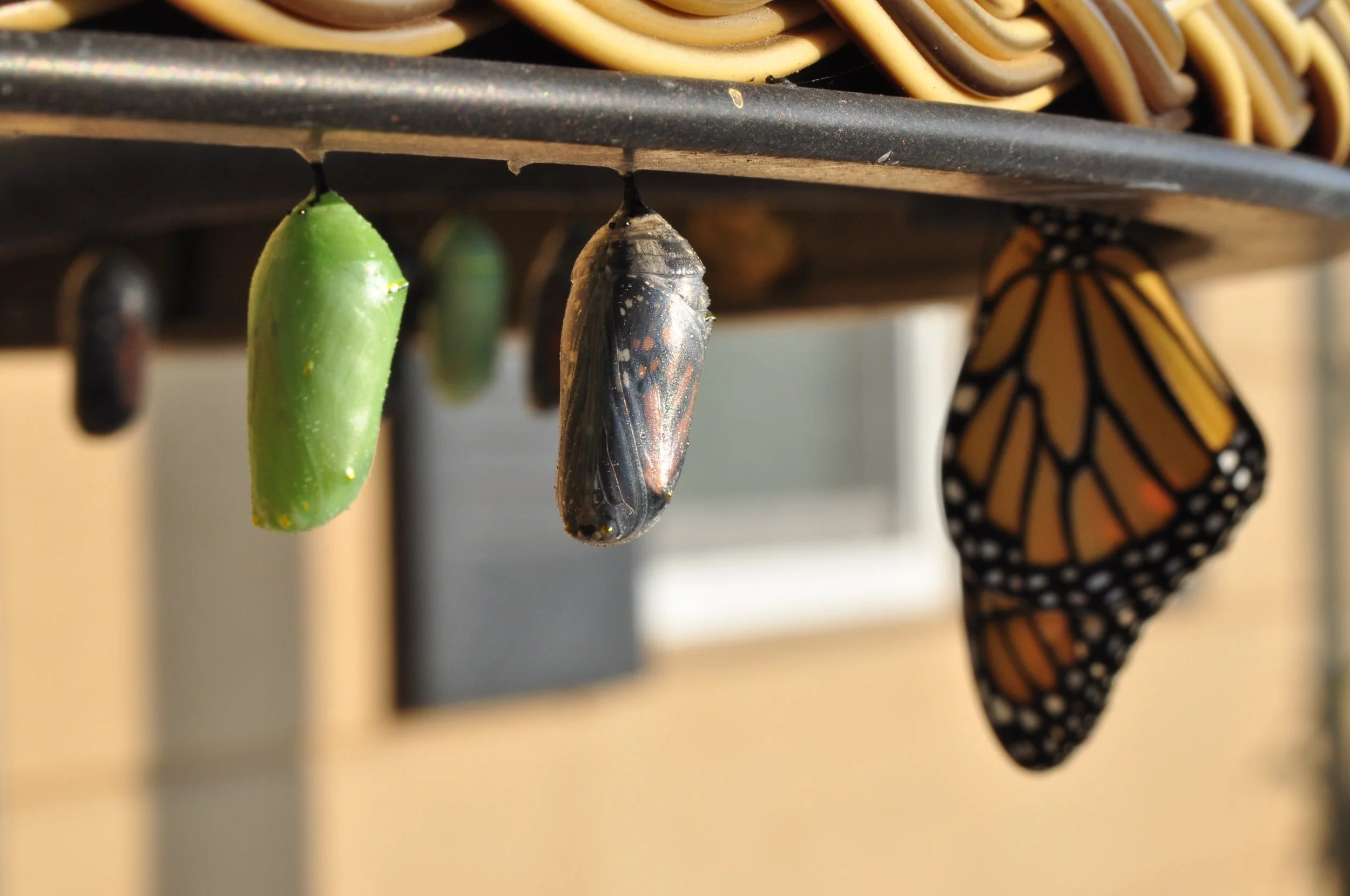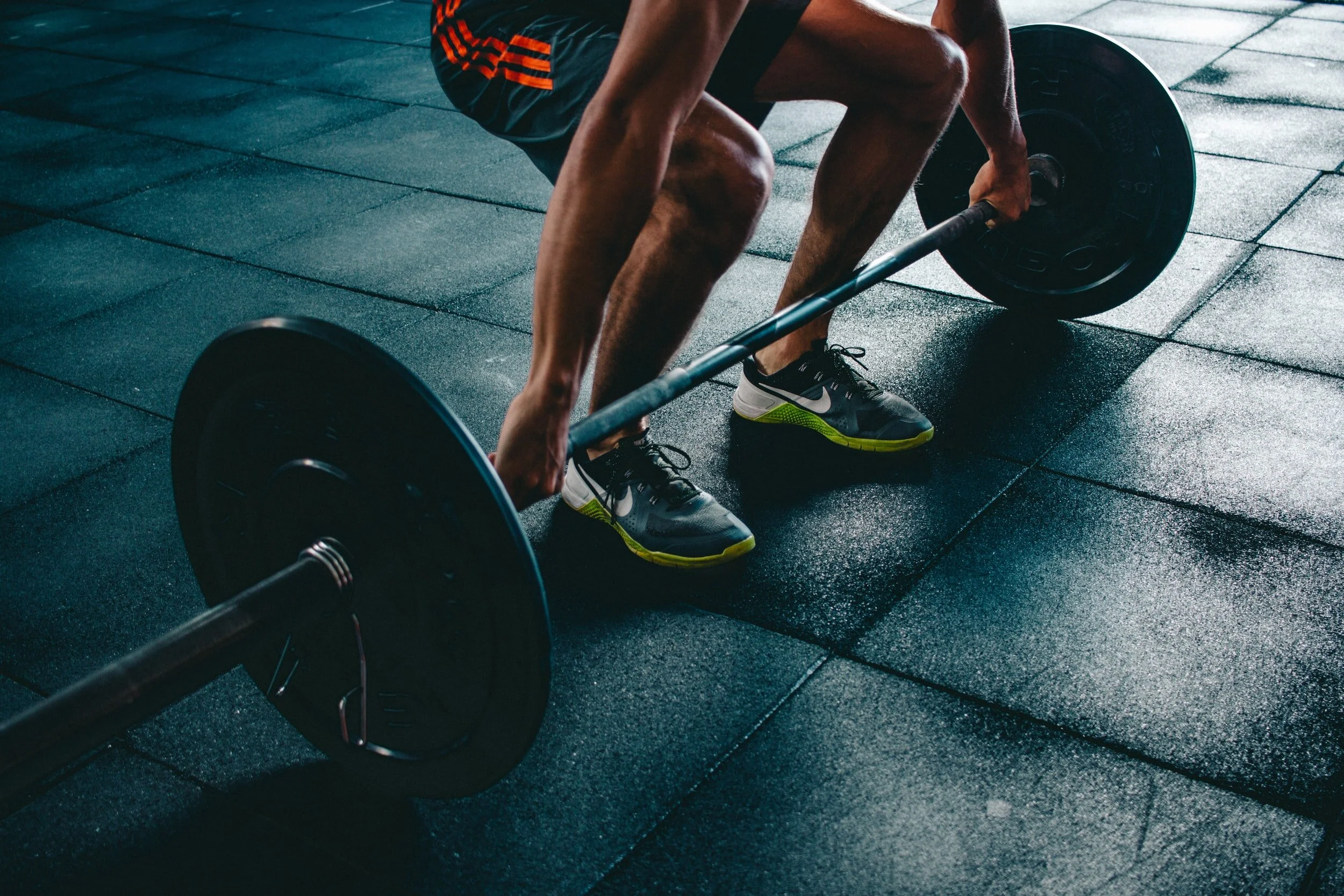How soon will I see results from my music lessons?
How soon will I see results from my music lessons?
In another post, I addressed the question “How long do I have to take lessons?” It’s a common question, and I think that’s because many people are goal-oriented and want to have a definite endpoint established in order to motivate themselves or measure their progress. I’m more process-oriented, myself, just because I believe you have to make the process your goal in order to achieve any other goal. But of course, results are what people are truly after when they take lessons! So I want to address a related question: “How soon will I get results from taking lessons?”
This begs the question of what we mean by “results.” Much of what I guide my students to achieve is not immediately obvious to a listener. When you hear my students give performances, you won’t know whether they understand music theory or if they know the history of their piece or whether they developed their own expressive choices rather than copying a recording. You won’t know how slowly or quickly they learned their piece or how many other pieces they know. These behind-the-scenes abilities are all results that matter greatly to the experience of the musician themself.
But despite the importance of all these other achievements, I’m going to assume that by “results,” most people mean technical achievement in performance - in other words, how good you sound. Since performing well is usually the ultimate goal of every student, I think that’s a valid definition to use in this context.
Now, having defined the question, I can begin to answer it. And I’ll start with the unsatisfying, complex answer: It depends on you and your teacher.
But actually, I don’t think sounding amazing as quickly as possible should be your biggest concern.
It’s tempting to judge an instructor by the performing results their students achieve and how quickly those results are achieved. For a number of reasons, I think this is a seriously flawed way to look at an instructor. One reason is that a teacher’s reputation for achieving amazing results can be a self-fulfilling prophecy. Highly motivated prospective students, who are likely to excel under anyone’s tutelage, are drawn to such a reputation, and excellent students attract new students similar to themselves.
Think of “No Child Left Behind” policies where public school teachers’ abilities were evaluated by their classes’ test scores; it’s very clear by now that factors outside of the teacher’s control have far more influence on kids’ test success than the quality of their classroom instruction does, which is why education professionals want to abandon the standardized testing-based scheme of teacher evaluation. A private music teacher who cherry-picks only “talented” students and dismisses low-achieving students is going to seem like an amazing teacher. The greater success, in my opinion, is when a teacher achieves progress with a student who struggles, although these successes rarely look glamorous or amazing to outsiders.
Another reason we should hesitate to judge a teacher by student results is that there are teachers who focus on showy performance results at the expense of well-rounded education, or even at the expense of healthy technique.
It’s especially evident with singers. (I’ve written before about the frequent lack of depth in music education for singers and how it leads to a belief that singers aren’t real musicians.) Someone could coach a ten-year-old child to imitate the sound of an adult opera singer, or to reproduce the heavy belt of an adult broadway performer, and these performances are (unfortunately) highly lauded in our society, but they’re deeply unhealthy and damaging to the young person’s voice. Not to mention that if all your effort is focused on imitation of a certain tone, you’re not developing your individual artistry.
When I say that the quickness of your results is going to depend on your teacher, what I mean is that if your teacher only coaches students on their sound, your sound is the thing that will develop. I’m NOT saying that it’s a bad thing for voice teachers (or instrument teachers, for that matter) to only coach performance pieces and not teach general musicianship; however, there are voice teachers out there who bypass teaching healthy foundational techniques in favor of creating superficially impressive sound, and that I DO think is a bad thing. It takes longer to build up a healthy technique than it does to learn to imitate a certain sound through shortcuts, but your end results will ultimately be much better if you take the time to learn the right way. If you’re learning an instrument, there’s less danger of long-term damage due to technical shortcuts, but again, if you’re only learning to perform pieces and not also practicing music reading and theory, your imitative performing may progress more quickly, but at the expense of that deeper understanding.
Now, it’s possible to achieve significant results with healthy technique in a short time, especially in singing lessons, but I want to explain the big reason why most students can’t expect to transform their singing in one lesson.
A singer is an athlete. When you sing, your body is your instrument. It’s the tissues and muscles and nerves of your body that you use to make music. Those tissues and muscles have to be developed and coordinated and strengthened over time to achieve excellent performance.
If it were just a matter of knowing how a singing technique is done, you could watch a YouTube video explaining it and you would be a great singer. Understanding how to execute a technique isn’t nearly that simple, anyway, but even if it were, your body probably wouldn’t be ready to do it. People who achieve quick results with a singing teacher are people whose voices are already at a high level of physical conditioning. I once taught an excellent pop singer to do legit musical theater technique, and she was able to sound really good after just a few lessons. But she still had to practice every day and she still needed my feedback to guide her technical choices and to understand the sensations she was experiencing.
Imagine you want to deadlift 300lb. If you’re not already some kind of athlete, do you think there’s any chance you could learn this ability in one lesson? Okay, but let’s imagine you’re an avid runner, and you train by running twelve miles wearing a 50lb backpack every other day. You might already have most of the strength and coordination needed to deadlift 300lb. Still, if you attempted it without expert guidance, you’d probably hurt yourself.
So you’re a twelve-year-old who’s only ever sung in the shower, and you want to belt a C5. I’m not saying you can’t! But I’m saying you can’t start there. You wouldn’t go to the gym for the first time in your life and start yanking on a 300lb barbell, when you can’t even jog a quarter of a mile without stopping. Maybe do lunges and spend some time on the elliptical for your first week?
The physical conditioning aspect is something I really wish were more generally understood about singing. It requires the development of strength and flexibility in your body. You can’t do it by intention alone. Really impressive results are achieved by consistent, healthy training. We don’t have trouble understanding this when it comes to external instruments that require manual dexterity. The voice is an instrument, too!
If deadlifting, or belting, is your goal, you can get there, but you have to work up to it. Your progress depends on you - your unique abilities, and how much and how well you practice.
So, that’s a nice explanation and all, but you wanted a concrete, quantified answer.
Exactly how much time does it take to see results?
Good news! Beginners, if you’re practicing daily according to your teacher’s instructions, you will make noticeable progress in the first couple of weeks. You’ll level up around the six month mark. You’ll probably reach basic overall competence in about two to three years, at which point you can probably maintain your current level through practice without continuing lessons. To reach a level of competence where you can continue to make progress on your own without regular lessons, you’ll probably need at least five years. If you’re working on advanced skills or classical techniques, you’re in it for the long haul - ten years of instruction or more to become excellent. I’m basing these estimations on my own and my colleagues’ experiences with students, not on any scientific study, so I can’t guarantee this timeline will fit you - and there’s nothing wrong with you if it doesn’t! - but these are reasonable expectations for new students to start out with.
The time it takes to achieve a significant level of technical skill will depend on your individual physical abilities, as well as on the frequency and quality of your practice. In the beginner and early intermediate stages, the milestones come pretty quickly, but as you become more advanced, there’s less of a stark before-and-after contrast. And if you’re teaching yourself, not practicing regularly, or not exactly following your teacher’s practice instructions, expect to progress more slowly.
Be sure to have conversations with your teacher about your expectations regarding progress and results, both before beginning lessons and periodically throughout your studies. Your teacher can help you determine appropriate goals and give you a sense of where you are on your journey.



